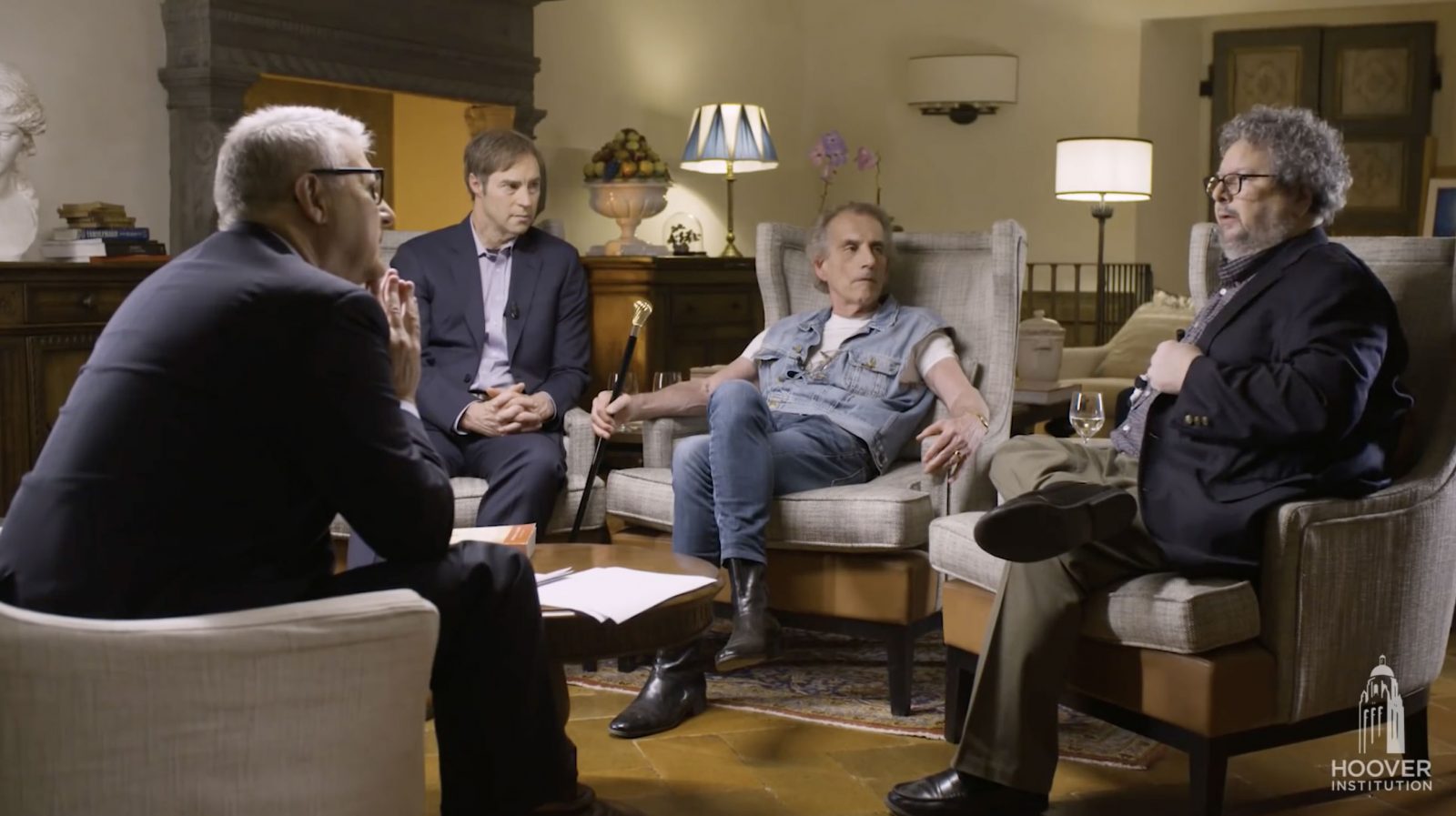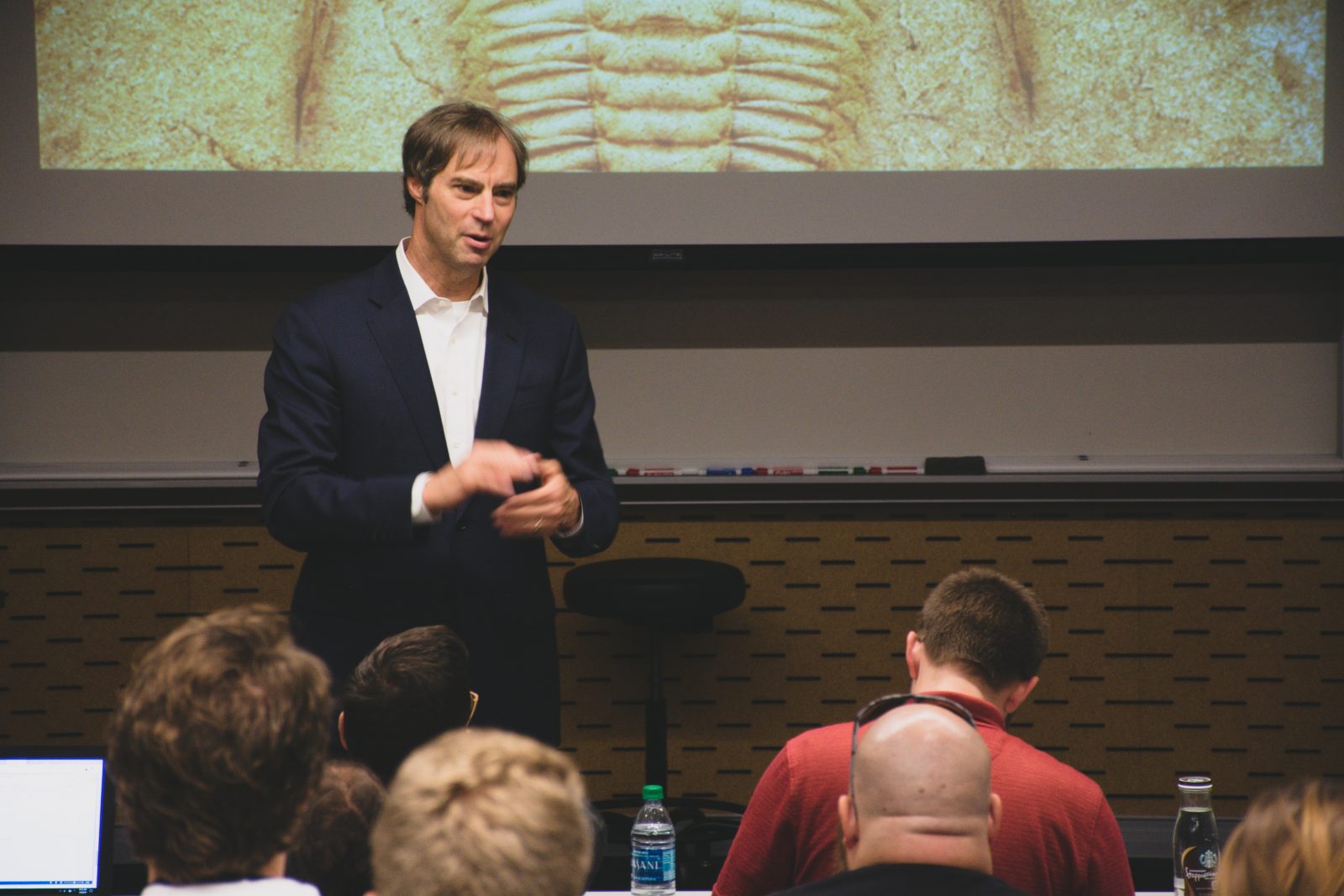


Bayesian Probability and Intelligent Design: A Beginner’s Guide

A New Design Inference for a New Generation

Bill Dembski Reflects on The Origins of a Classic

Uncovering the Hidden Mathematical Structure of the Universe

Kepler’s Pursuit of a Mathematical Cosmology

David Berlinski on the Immaterial, Alan Turing, and the Mystery of Life Itself

David Berlinski on His New Book, Science After Babel
On today’s ID the Future, host Andrew McDiarmid rings up Science After Babel author David Berlinski in Paris to discuss the philosopher’s latest book. Berlinski is at his cultivated best as the two discuss everything from the biblical Tower of Babel as a metaphor for modern materialistic science, to his friendship with the brilliant and colorful French intellectual Marcel Schützenberger, a world-class mathematician who was self-taught and, as we learn here, came within a hair’s breadth of being swept up in the Chinese Revolution. Berlinski also reflects on the seminal 1966 WISTAR symposium, which laid out some mathematical challenges to Darwinism, challenges that Berlinski says remain unanswered to this day. At the same time, Berlinski gives the devil—here Darwinism—its due. Tune in for this and more, and order your copy of Berlinski’s Science After Babel here.

Gelernter, Meyer, Berlinski Deny Darwinism, Pt. 3
On this episode of ID the Future we hear the final portion of a three-part series featuring Discovery Institute’s Stephen Meyer and David Berlinski along with distinguished Yale computer science professor David Gelernter, who recently gave up Darwinism thanks in part to their books. Led by Uncommon Knowledge host Peter Robinson, they discuss the hard problem of consciousness, how Darwinism functions as a religious dogma that punishers dissenters, and whether biology can ever “get over Darwin and move on.” This interview is presented here courtesy of Peter Robinson and the Hoover Institution.

Stephen Meyer on His CSC Summer Seminar Talks
On this episode of ID the Future, Stephen Meyer, Director of the Center for Science and Culture, discusses the two lectures he gave to a private audience at Discovery Institute’s 2019 Summer Seminar on Intelligent Design. One talk focused on the fossil record, and the other on the Big Bang.